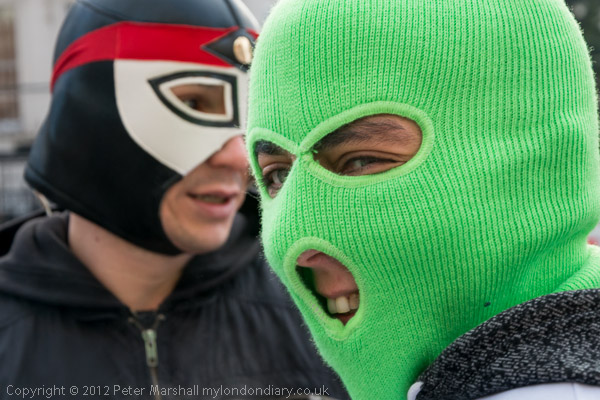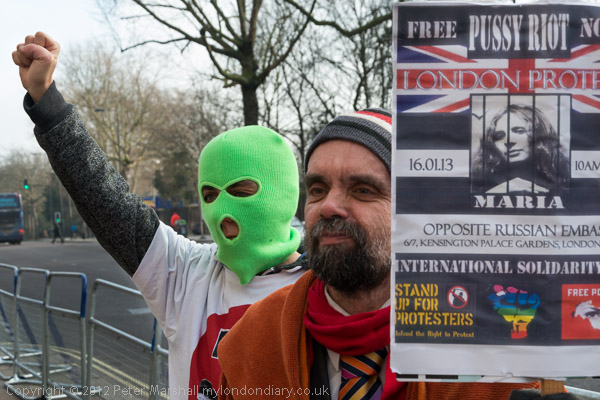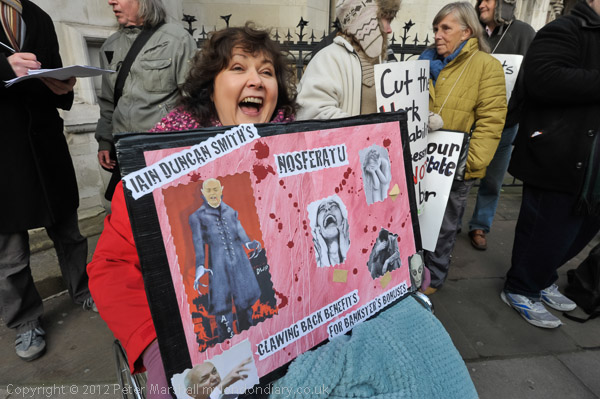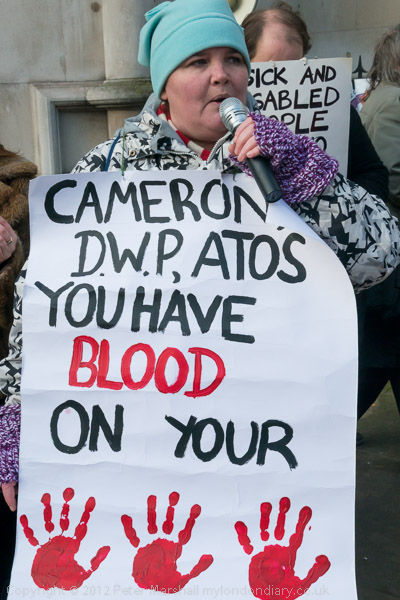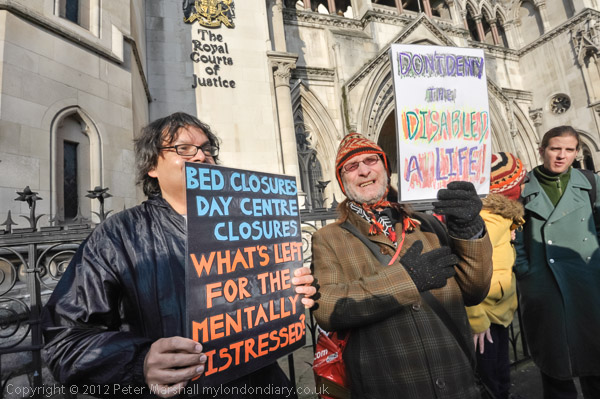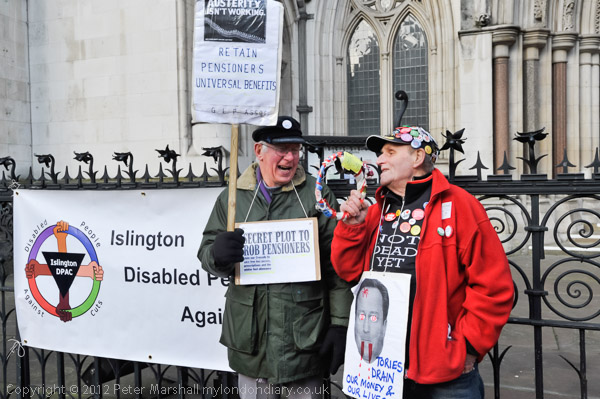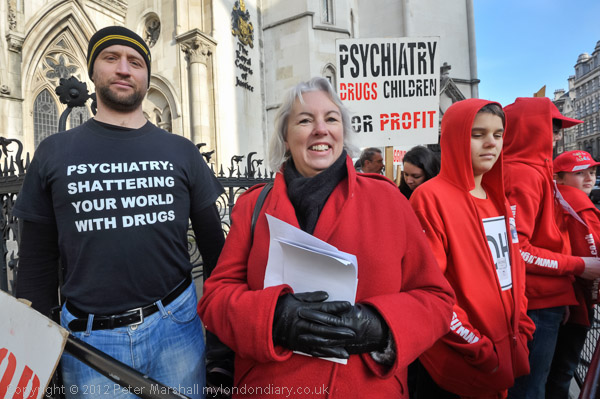Hackney Million Mothers March against Violence: London is a relatively safe city compared with most large cities around the world. It’s murder rate of 1.38 per 100,000 population compares favourably with most others, and it is nowhere close to those in the top 50 -which all have rates over 28 times as high.
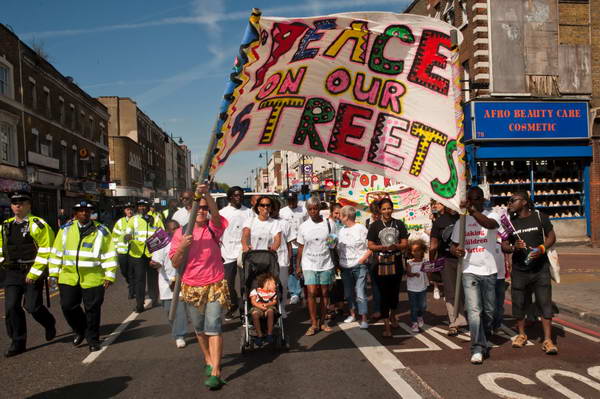
It is also considerably lower than any large city in the United States – which occupy eight places in the worst 50 cities for murders – with New Orleans at 70.56 near the top – only lower than some Mexican cities.
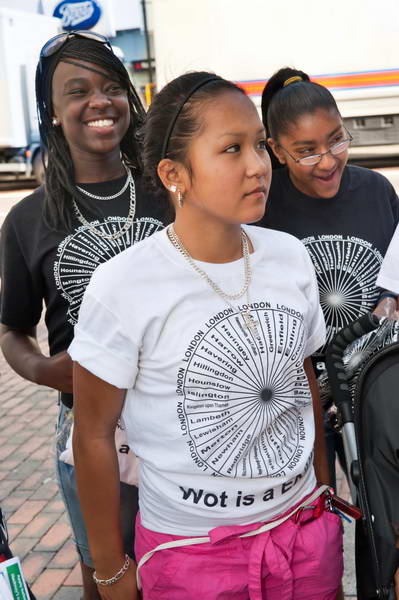
I’ve walked the streets of London carrying expensive cameras since the 1970s and fortunately have yet to be mugged or attacked. I have had my pocket picked a couple of times, seen drug dealers at work and refused offers from them and women offering me a good time, been threatened and assaulted by right-wing thugs and policemen (part of the job if you photograph protests) but generally London is a safe city.
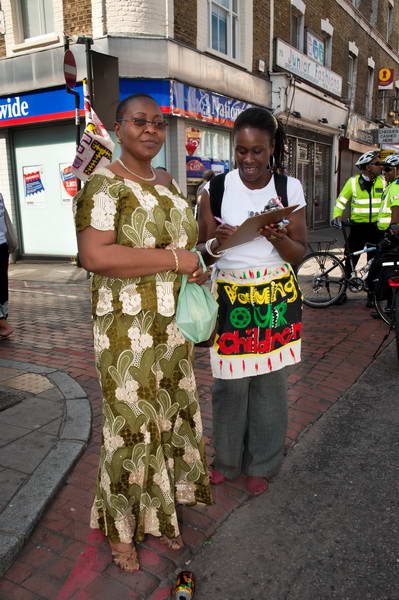
It annoys me when some Americans keep asking about ‘no go’ areas in London (or other UK cities.) There are none. London is a city you can generally safely go anywhere in the public realm, though of course if you ask for trouble you can find it.
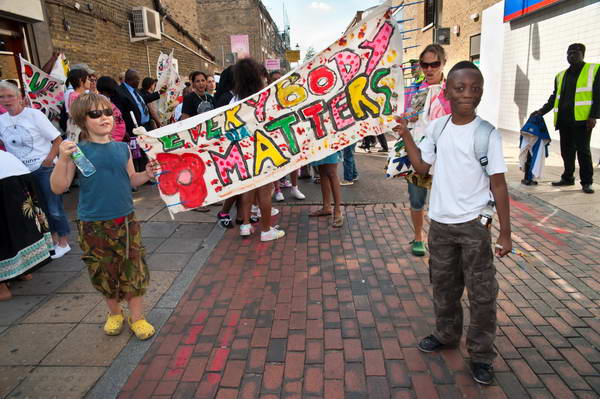
London isn’t crime-free. And there are some people who are more at risk than others. Women walking alone at night in lonely places do sometimes get attacked by male sex offenders. Many are sexually assaulted and a few are horribly killed. Some of these murders make the national headlines, such as that of Sarah Everard, killed by a police officer. But rather more women are killed in their homes, most often by men they know – a problem of male violence rather than London streets.
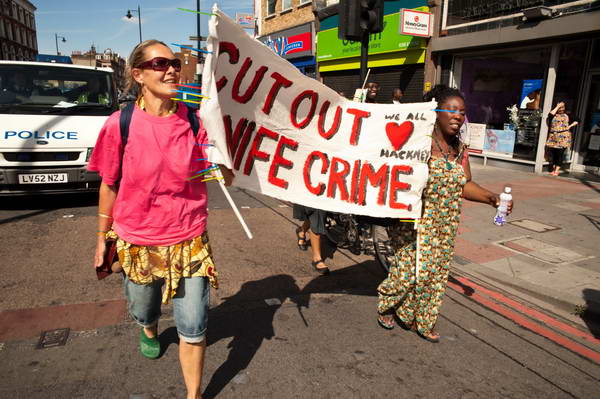
In one recent year there were over 18,000 reports of sexual assaults in London. But sexual assaults often go unreported, and it is difficult to know how many of these were on our streets. And although it is a disgracefully high figure it actually shows London as below the rate for the country as a whole.
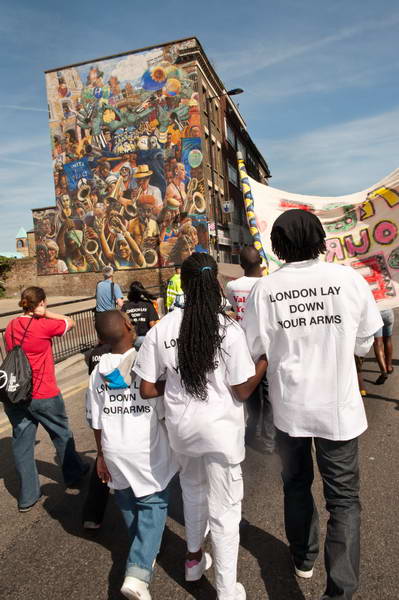
Most at risk of being murdered on London’s streets are teenage males. Most are stabbed in crimes relating to gangs and drugs. There were 12,786 knife offences in London in the year ending March 2023, a little down on the figures for 2017-2020. The figures include those carrying a knife, owning a banned knife, trying to buy a knife if you are under 18, and/or threatening, injuring or fatally wounding someone with a knife. 63 of these offences killed someone in London.
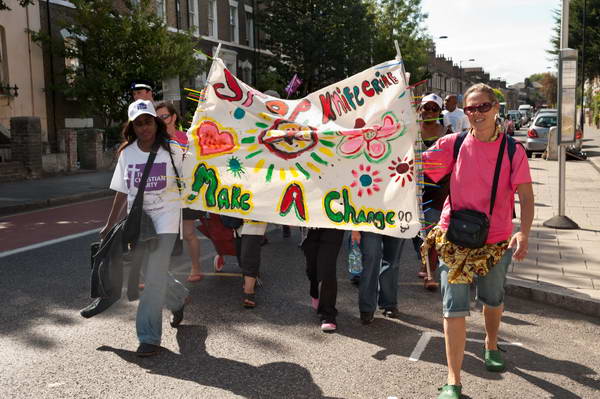
Of course one murder is one too many, and all result in the waste of a life and a great deal of grief for the families and friends of those killed. There have been various local initiatives and groups set up to try to cut down the deaths, and some have at least some small effect but generally the numbers keep rising – though Covid saw a fall. Various newspaper articles and TV investigations have covered aspects of the subject, such as this in a series from Channel 4 News.
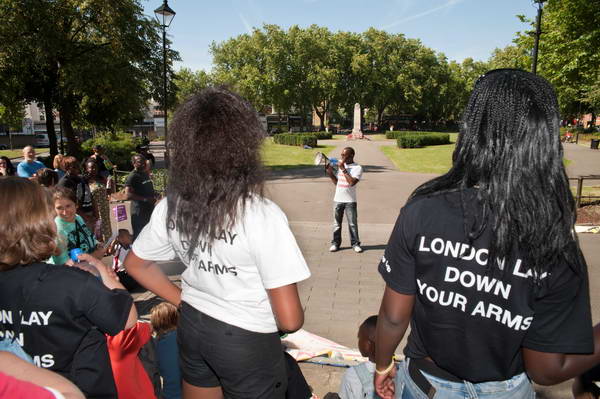
I’ve photographed a number of the protests and marches, often organised by bereaved families and its not possible to be unmoved, though sometimes I’ve felt that the solutions some of those speaking suggest would have little or no effect.
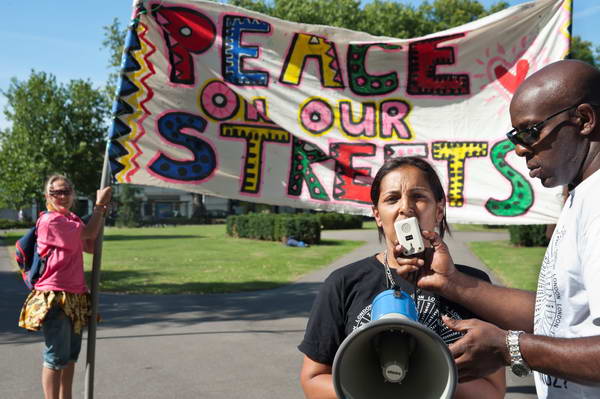
Knives are important in all of our lives, and in the average kitchen you can find quite a set of knives which could easily be used to kill. We need to change society more generally and importantly the way we raise, teach and occupy young children, giving them a better purpose in life and a sense of their own worth and abilities.
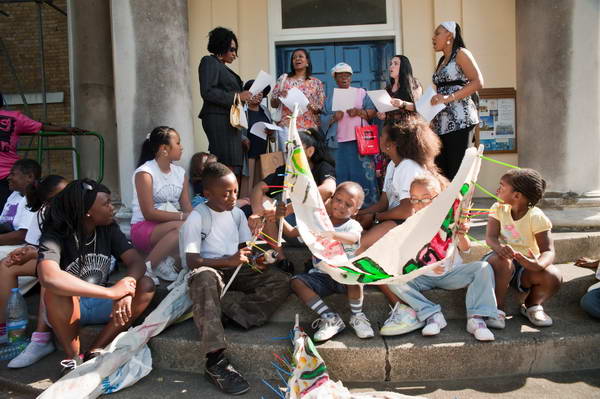
All the pictures here come from the Hackney Million Mothers March on Sunday 23rd August 2009, taking place as a part of an international peace parade to celebrate the 10th anniversary of Mothers Against Violence, mothers from bereaved families who are having a real impact in reducing gun, gang and knife crime, and to pledge action in Hackney over the issue.
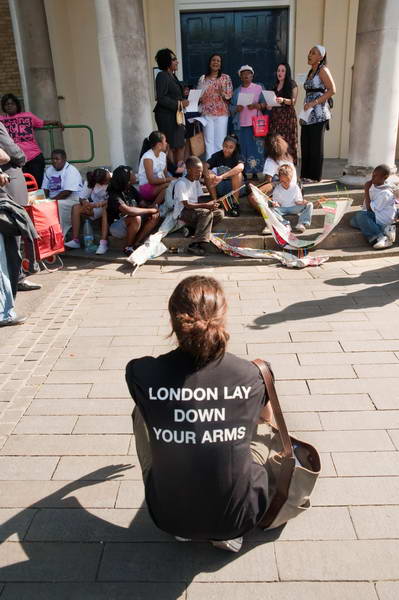
The march was organised by Songololo Feet, Friend’s Charity, Hackney Council for Voluntary Service (HCVS), International Action against Small Arms (IANSA), St. John’s Church and The Crib, a local community group which “delivers creative and inspiring projects for young people in Hackney”.
More pictures at Hackney Million Mothers March. You can also read about a related event I photographed the day before this on 22nd August 2009 at LIVE & FAME Against Knife Crime.
